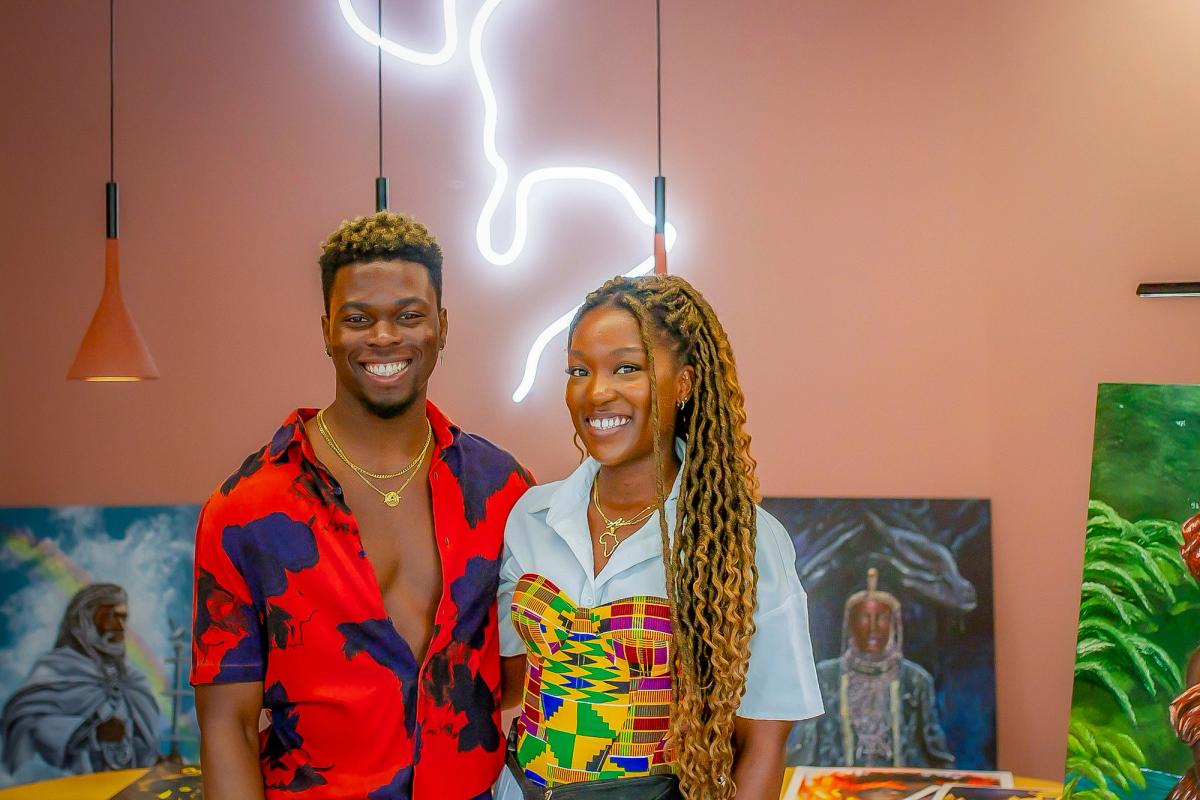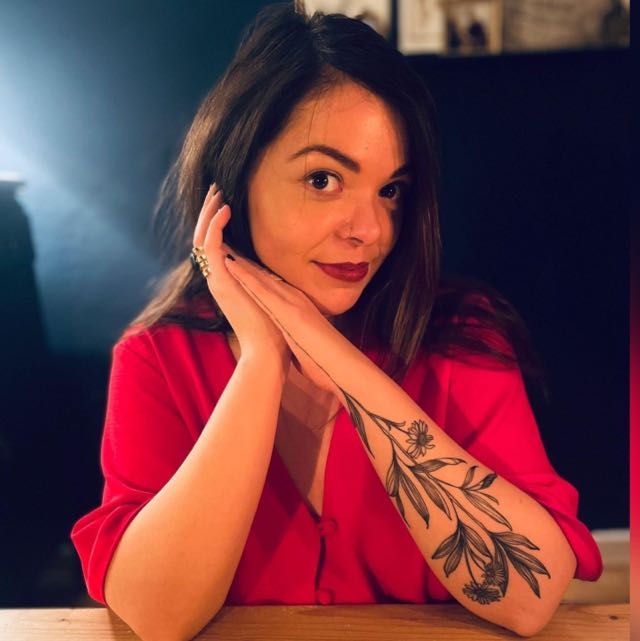“Influencer” is a dirty word these days. These personalities who run social media accounts with thousands or even millions of followers have become key to the ways that companies and organisations market themselves. A more popular term now, however, is “content creator”. Whereas content creators are arguably more focused on producing high-quality photos and videos “that engage their audience”, influencers “influence their followers to do or buy something based on what they do or buy”, according to Sprout Social, a social media management platform. In reality, the two roles are not mutually exclusive. Many influencers are creating increasingly sophisticated content, while many content creators are partnering with companies in order to “influence” their audiences.
The art world has been reticent to embrace influencers but the past few years have seen more and more museums inviting content creators to private views and collaborating with them on digital content. A few are really pushing the boat out, such as the Peabody Essex Museum with its in-house content creators.
Now London’s National Gallery is going one step further for its 200th birthday celebrations, titled NG200. As part of the anniversary in July, it will launch 200 Creators, its very own network of influencers. Chosen from an open call, the group includes content creators from all over the world who post on YouTube, Instagram and TikTok. Creators from other platforms, such as Snapchat or Twitch, could also have applied but none did.
Perks of the job
“The 200 Creators will enjoy the benefits of being a member of the gallery for a year, including free entry to our exhibitions, exclusive events and online content, but we will also be inviting them to exclusive events for the network, including workshops with social media platforms and invitations to press events for our NG200 programme,” says Ellie Wyant, the National Gallery’s social media and community manager.
Going one step further, the National Gallery has chosen 20 individuals from its 200 Creators network to become “Creative Collaborators”. Each has been given a £4,000 stipend to create videos. To be chosen, the influencers needed at least 50,000 followers on YouTube, 100,000 followers on Instagram, or 50,000 followers and a million likes on TikTok. For context, the National Gallery has 300,000 YouTube followers, 2.1 million Instagram followers, and 250,000 followers and 1.7 million likes on TikTok.
Wyant says: “The decision on the size of following and engagement for the call-out was based around our consultations with creators and agencies on what was the right level of following to match against the budget we had.” The criteria were broadened for the remaining 200 Creators “so that the network can feel as open as possible”, she adds.
Diversity
The 20 collaborators are from diverse fields and UK locations—from London-based comedian @brightybuoy and Plymouth-based quizzer
@brettsthoughts to Newcastle-based artist @howardglee and Brighton-based potter @adamceramic. Also in the group is @hrhgeorgiana, whose TikTok video created a huge backlash in March when it was reposted by the British Museum.
“Working with creators has helped us to find new ways for people to find inspiration in both our temporary exhibitions and in our main collection,” Wyant says. “They know exactly who their online communities are and what they are interested in, and it’s really important for us to be able to engage with different audiences in this way that our channels might not be reaching… In our 200th year, more than ever, it’s important to highlight that the gallery is for everyone, everywhere.”



